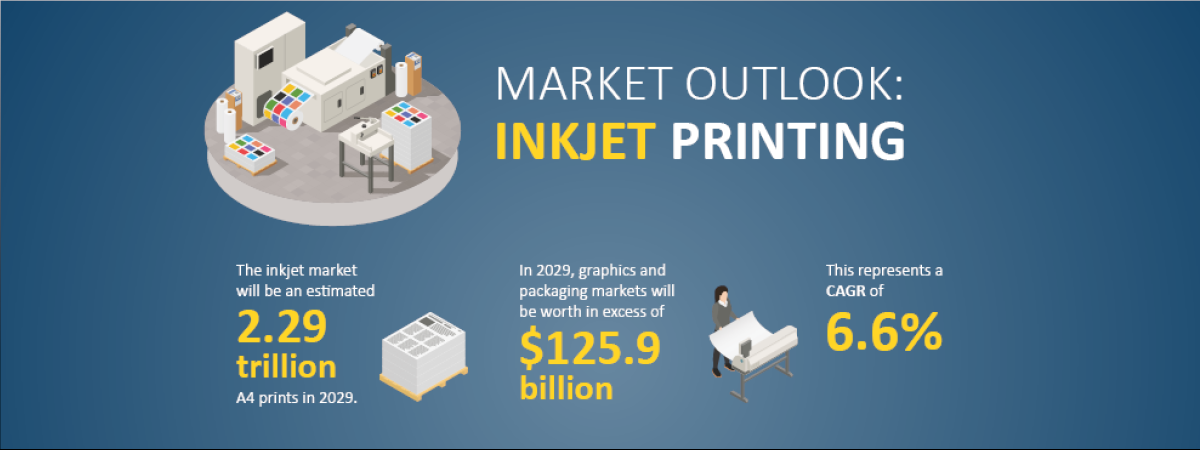18 October 2011
Employee References - the potential minefield that is the requirement to be true, accurate and fair
Many employers are wary of giving references, fearing they will end up in a "no win situation". They may find themselves at the wrong end of a claim either by a new employer complaining that a reference was misleading, or by a former employee complaining that they have not got a job because the reference given was not true, accurate and fair. They are probably right to be wary - there is no universal obligation to give a reference, but if an employer does choose to give one, it's entirely true that care needs to be taken when writing a reference.
Where an employee leaves during the course of a disciplinary or performance procedure, it would be misleading to prospective employers to fail to mention this, but what of the position where misconduct or a professional failing is discovered after the employee has left?
The Court of Appeal considered this in the case of Jackson v Liverpool City Council, where after a social worker had left his job at the council, a number of issues were raised by clients which suggested record keeping failings on his part. When he later applied for a further job and a reference was requested, the council gave a reference indicating that had he not left, he would have been subject to a form of performance management, but that the issue had not been investigated. The reference met the requirements of being both true and accurate - but was it fair?
The question to be addressed was what, exactly, does "fair" mean in this context?
Did it mean that the employee was entitled to have the issues investigated after he had left, or was it enough to make it clear precisely what the position was so as not to mislead? The Court of Appeal confirmed that it is the latter. Employers cannot be expected to go to the lengths of carrying out an investigation after an employee has left in order to be able to give a conclusive response to a reference request, and the council were right to describe the position as they had done. In the words of Leveson LJ: "Fairness... related to the nuances or innuendo which might be drawn from the factual assertions. That is different from requiring fairness in the form of some procedural mechanism which might permit the ex-employee to challenge an adverse opinion..."
Given the scope for attack on all sides where references are concerned, it's no wonder that more and more employers are either declining to give references, or restricting them to a bare statement covering essentials such as dates of employment, position held and salary.
 Intergraf Economic News (Paper Prices) - March 2024
Intergraf Economic News (Paper Prices) - March 2024
18 March 2024
Access the latest edition of the Economic Newsletter for the European Printing Industry for data on paper consumption, and pricing data for pulp, paper and recovered paper. Data for packaging papers and board is also available with this edition.
 UK to follow global expansion of inkjet printing
UK to follow global expansion of inkjet printing
21 March 2024
The latest expert analysis from Smithers identifies the potential of the latest generation of inkjet systems to improve profitability across the global print market. Read more about the new report The Future of Inkjet Printing to 2029.
The BPIF is the printing industries champion. By becoming a member you join a diverse and influential community. We help you solve business problems, connect you to new customers and suppliers and make your voice heard in government.
Call 01676 526030









